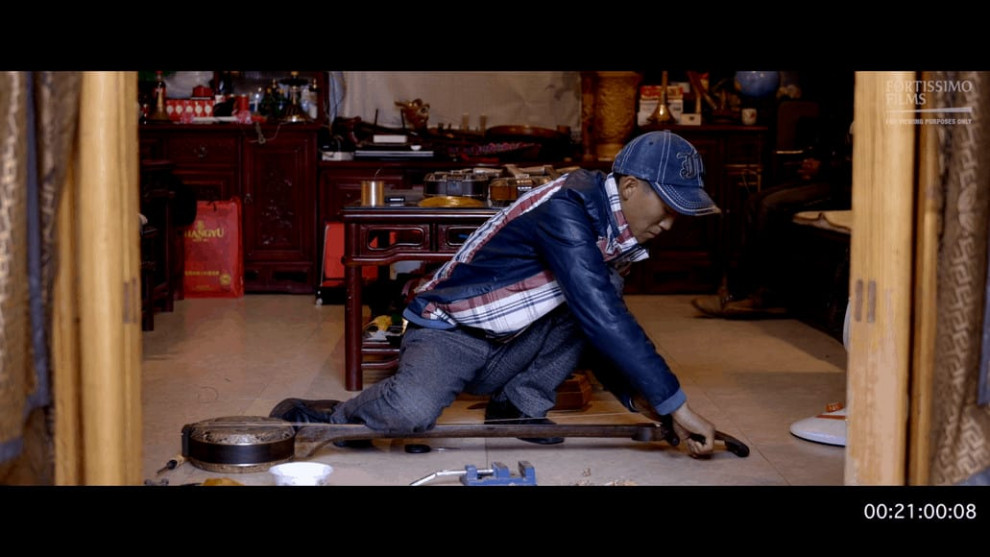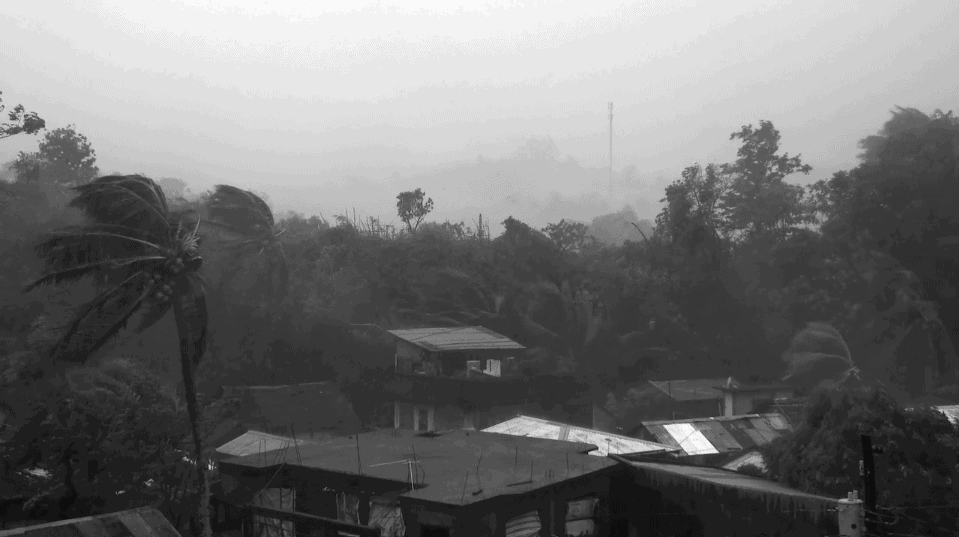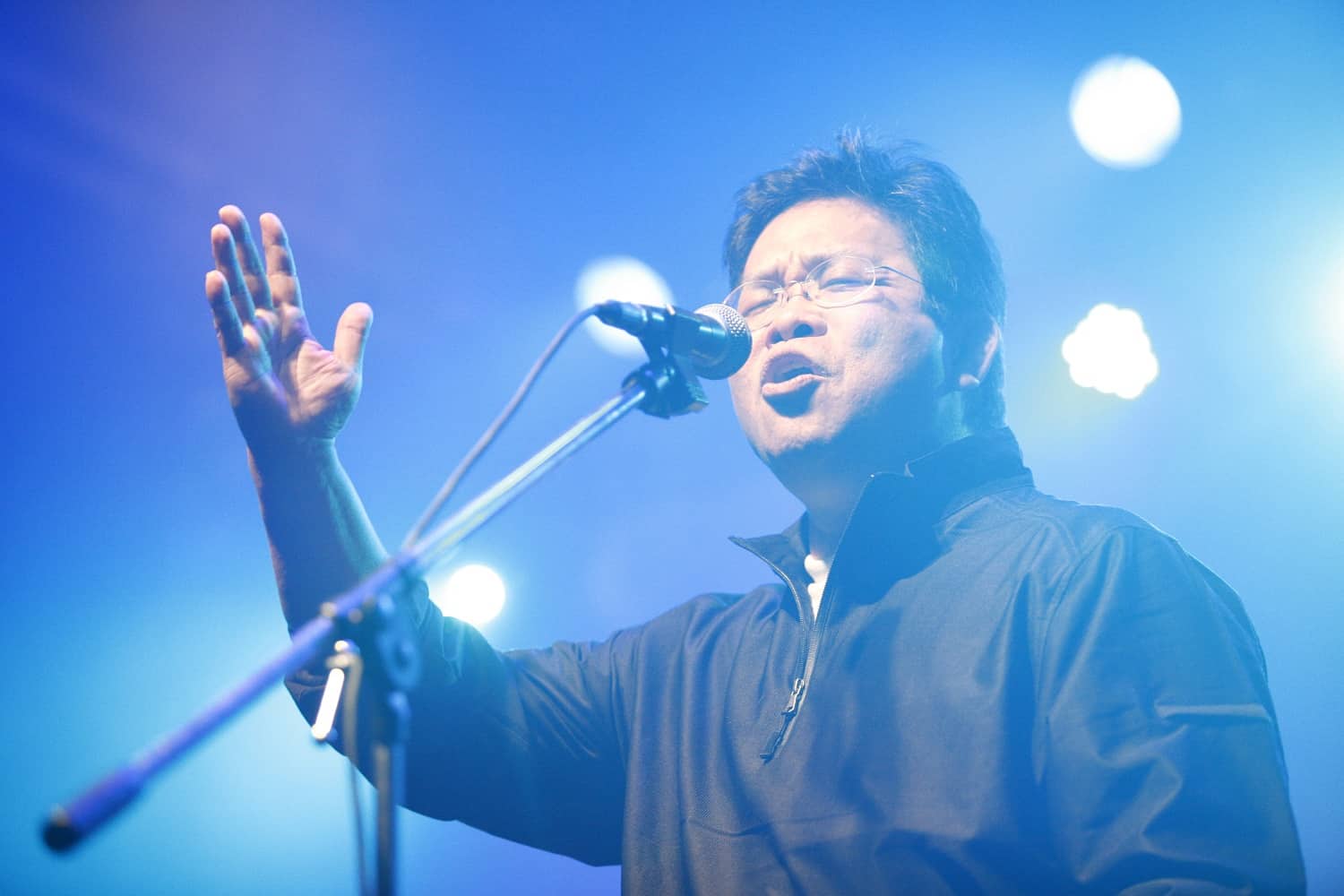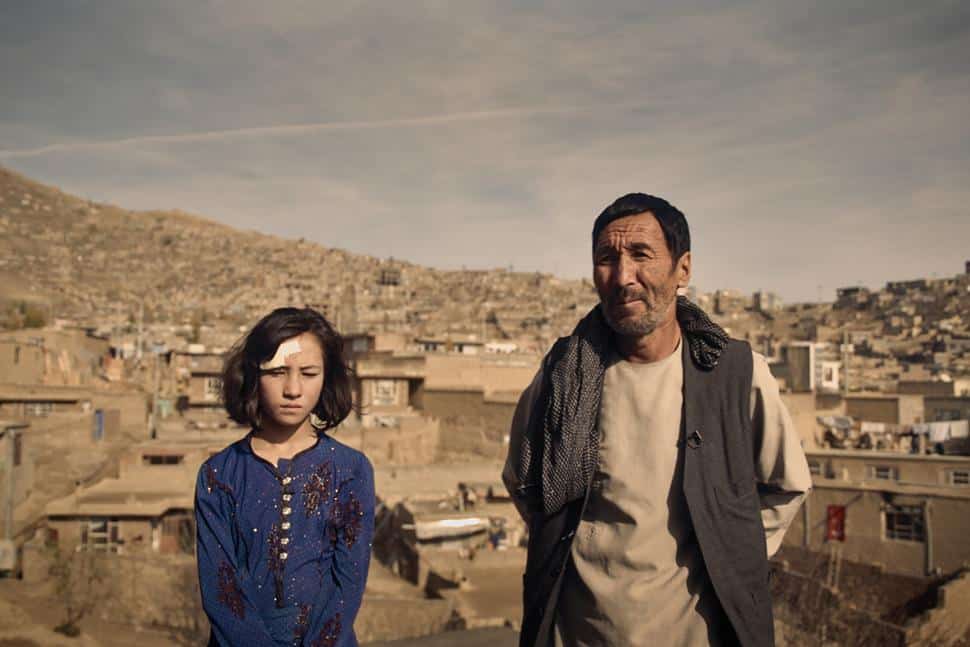Considering the enormous, fast changes our world goes through in the course of a year, much of these due to human influence, you might ask yourself just what exactly is the contribution we make to the world around us. Even if you think the question is banal at first, in the context of global issues such as climate change as well as the global economy and culture, the question has a significant relevance. And while there is a specific political and social value in the answer, the nature of the question at hand also needs a more philosophical or anthropological approach. In the end, perhaps this view may be the most vital way to respond to the issue.
Ever since his first documentary feature “Paths of the Soul” (2015), Chinese filmmaker Zhang Yang has ventured into themes of spirituality, faith and our connection to the world around us. His new feature “The Sound of Dali” may be seen as a direct follow-up to the topics of this previous film. However, Zhang has applied a wider scale in “The Sound of Dali”, an approach that is ambivalent by nature and musical as it explores our connection to the world.
“The Sound of Dali” is available from Fortissimo Films
In the film, Yang follows two paths, or rather two themes which constitute the two rhythms of his film. Setting the tone with images of brooding storms and blossoming fields of grass, the “music” of nature is often disrupted as well as complimented by the various beats, melodies and voices of humans, from the clanks of a hammer to the beautifully rich tones of string instruments. While his images present the mining of resources, the rather negative idea of that image is a direct contrast to the concept of human addition to the patterns of the earth, from houses, pottery, to pieces of clothing resembling the structure of the world, the fields and the forests.
At the same time, the repeated images of faith – a Christian mass, a Muslim prayer – hint at the deeply spiritual link of people to the world. Through parallel montages and various wide shots, these celebrations and musical performances become an integral part of the world's multi-faceted landscape, one which will surely be missed if it is absent one day. Nevertheless, since Yang avoids the use of voice-over, there is no influence on the viewer aside from the reassurance of the audiovisual beauty of this world and the ambivalent relationship we sometimes have with our planet.

In the end “The Sound of Dali” is a film about our links to the world around us. Featuring beautiful images, great music and editing, Zhang Yang manages to show not only the joy of being in this world, but also the way our spirits are interconnected through music, through the natural melodies defining our existence.















